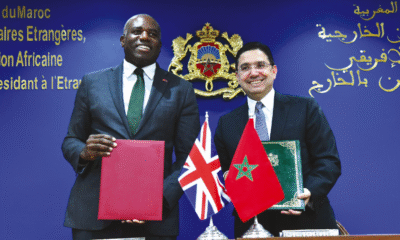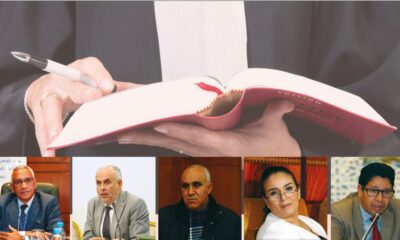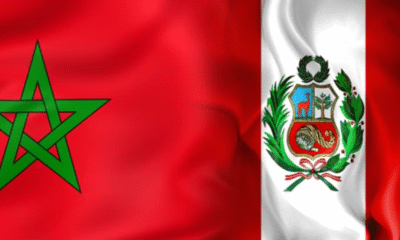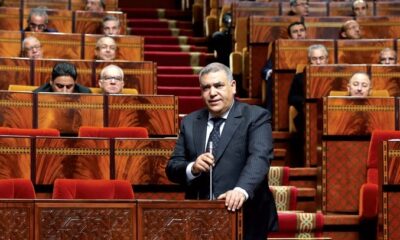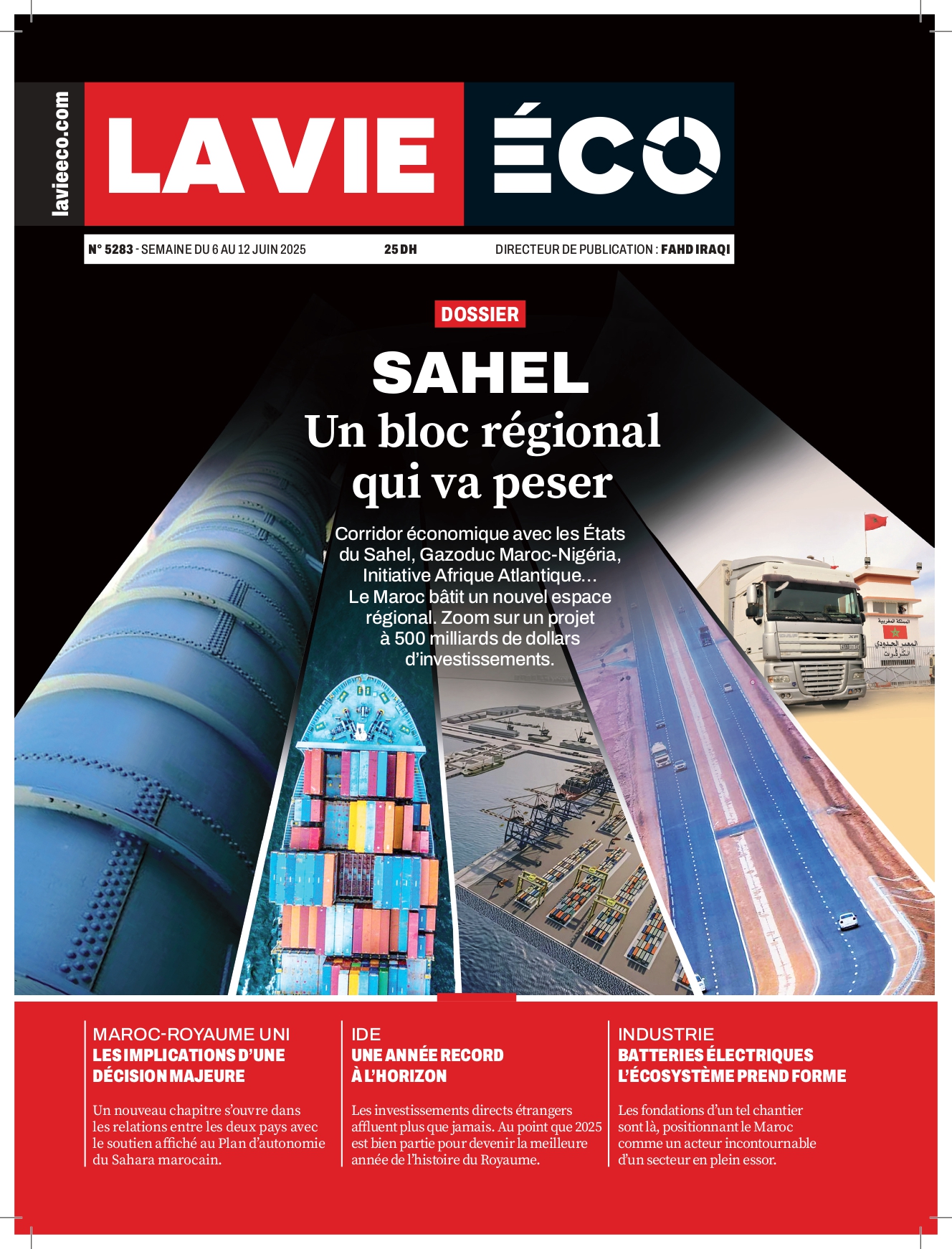Business
Ricardo santin : « Morocco has an important and effective poultry industry »
The International Poultry Council (IPC) recently held its annual meeting for the first time in Morocco, in Casablanca, in partnership with the Moroccan Interprofessional Federation of the Poultry Sector (FISA). Its president shares his perspective on the Moroccan poultry industry.
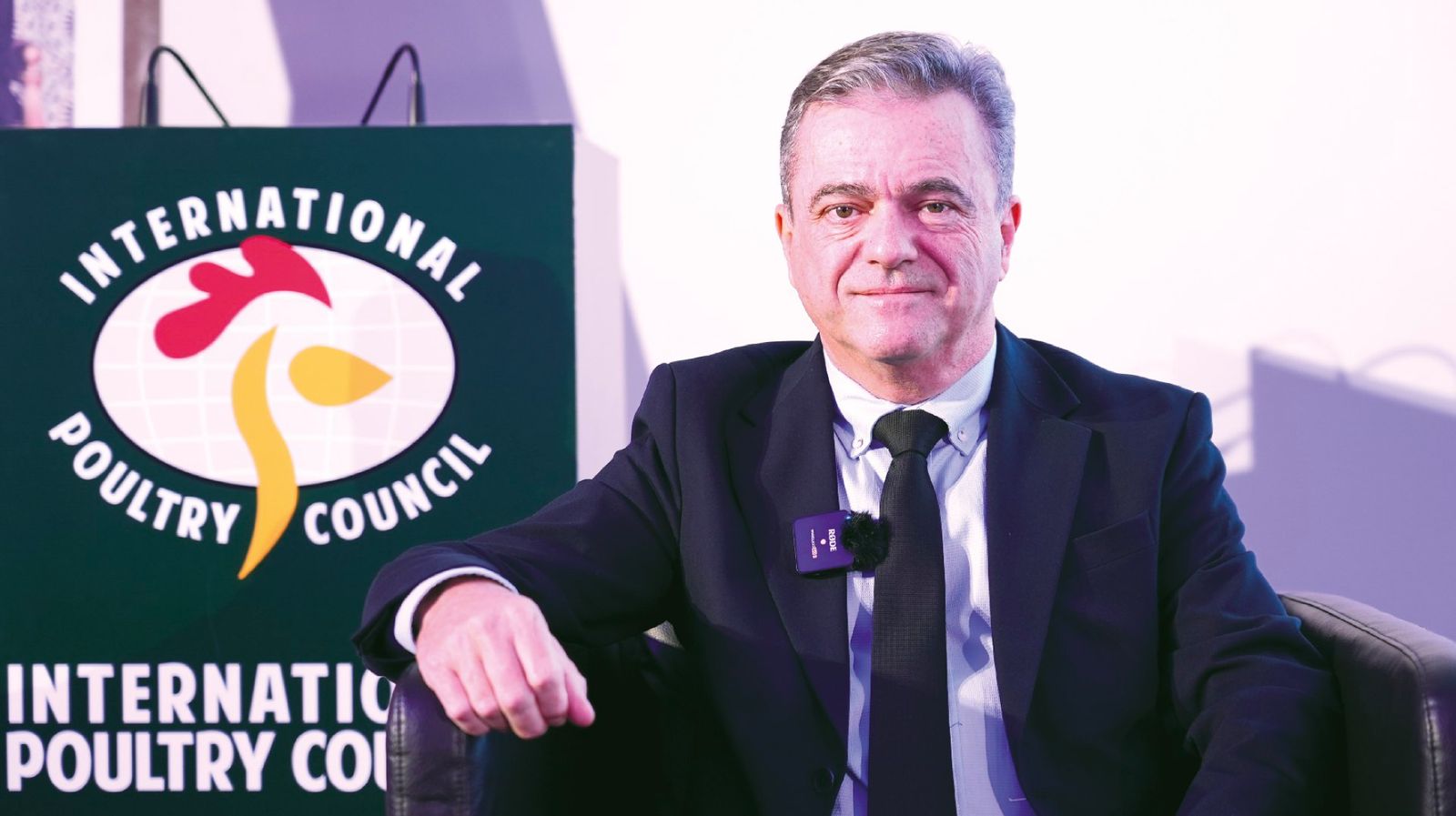
The poultry industry can significantly contribute to global food security. Morocco, a member of the IPC through FISA, continues to deploy necessary means to improve both breeding and production practices, as well as share its experience with countries that need it. According to the president of this international poultry council, the Moroccan poultry industry is «very effective ».
What is the role of the International Poultry Council in promoting a solid, sustainable, and inclusive poultry industry?
The IPC is the voice of the poultry industry worldwide. Our role is to represent companies and national associations in global institutions, such as the FAO and WHO, and work together on common issues. The goal is to develop the poultry industry and ensure global food security, balancing the nutrition of developed and developing countries alike, while exchanging technologies, knowledge, and expertise.
This event brought together 46 countries, over 83 companies, and about 230 participants. All are working to develop a solid and sustainable industry.
Indeed, efforts are paying off, as we raise and produce chickens much faster than before, because we have integrated technology and genetics and improved animal protein feed. It must be said that poultry protein is the most affordable and sustainable in the world.
It is also important to combat certain myths common in Morocco, Brazil, the EU, or other countries. This includes the addition of hormones to poultry production. This is not true. IPC member countries work together to improve production without engaging in practices contrary to health. The goal is for countries to benefit from each other’s experiences.
Speaking of technologies, how can new agricultural technologies and AI contribute to improving poultry production?
This is one of the themes addressed during the IPC’s annual meeting. AI is there to help with production, verify processes, and manage poultry farming. We have sensors capable of measuring air and water temperature inside poultry farms. This allows for better regulation of breeding methods to achieve high production. In other words, it’s about producing more sustainably while minimizing meat loss.
With AI, the African poultry industry should develop further to manage both breeding, farms, and slaughterhouses. Of course, the state must contribute through financial aid to industries.
Nonetheless, on the African continent, there are large companies with some of the best production levels in the world. But opportunities for improvement exist to enhance this industry. This is not limited to Africa; it applies to all countries worldwide.
In this context, how do you assess the Moroccan poultry industry in terms of production and technology use?
Morocco has a large and effective poultry industry, thanks to favorable climate conditions and a high level of industrialization. One of the major advantages of this sector is that it ensures the country’s self-sufficiency in meat and eggs, contributing to maintaining food security.
In this framework, FISA (Interprofessional Federation of the Poultry Sector) significantly contributes to promoting good breeding and production practices. Within the IPC, the Federation does not hesitate to share its expertise, and several countries are learning from Morocco.
What are the main conclusions drawn from this annual meeting?
I emphasize that this event, coinciding with the 20th anniversary of the IPC’s creation, has the largest number of participants. Among the main topics discussed, in addition to technologies and AI, are diseases affecting all types of poultry, especially avian flu. Morocco has demonstrated resilience against this disease, but not all other countries have. Sharing experiences and expertise in breeding and production is the essential pillar of our gatherings. It’s also about finding solutions to protect farms from any disease that could impact poultry production and harm food security.
We plan to implement a national and global prevention plan against avian flu, integrating the use of new technologies. Ultimately, we need to produce better, more sustainably, while ensuring access to nutrition for all citizens worldwide.

